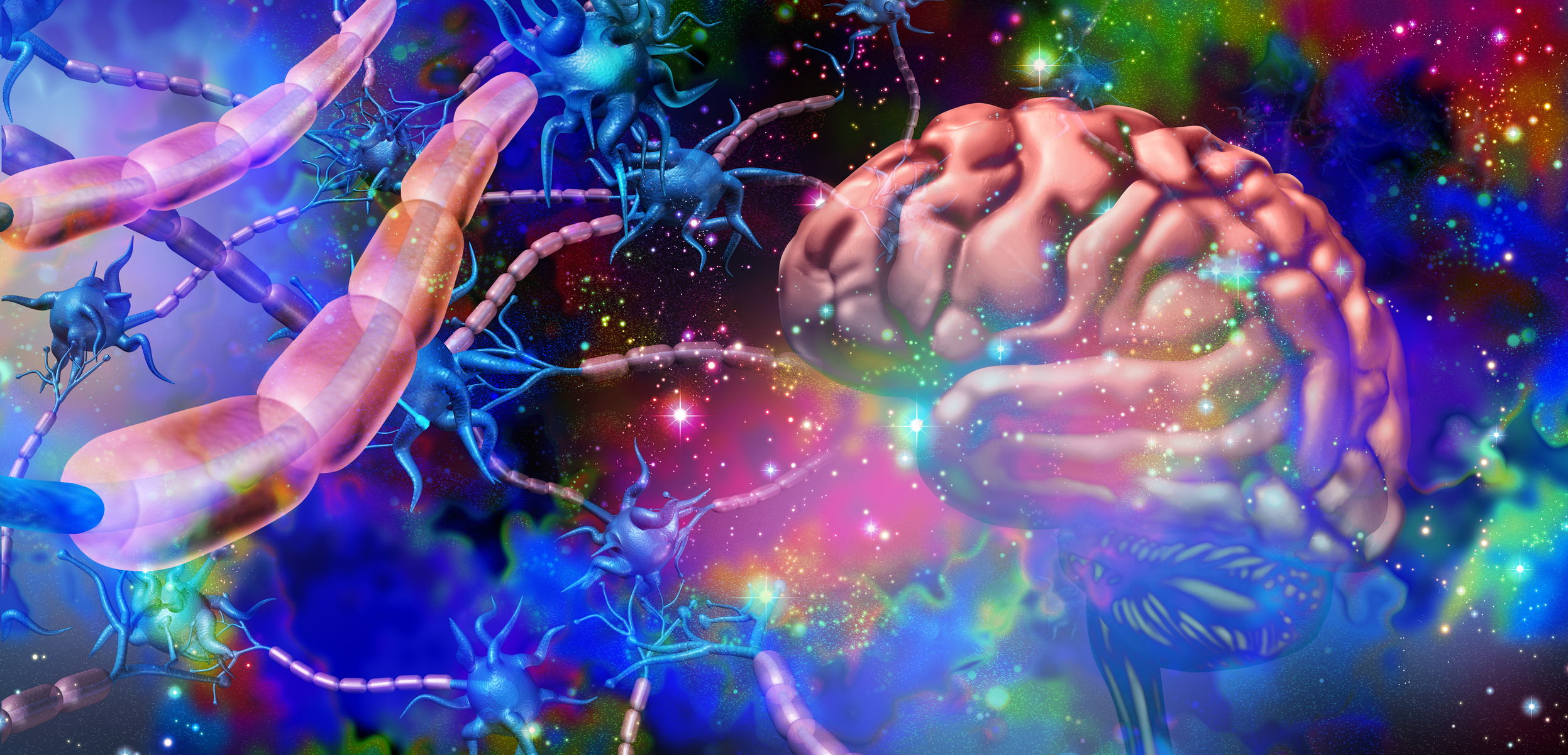The maternal system’s exposure to pathogens influences fetal brain development through the influx of maternal cytokines and activation of the fetal immune status to a persistent inflammatory state characterised by glia cell activation. Neuroinflammation influences the blood-brain barrier’s (BBB) permeability allowing peripheral immune cell trafficking into the brain. Mycobacterium tuberculosis (Mtb) is a pathogen that causes Tuberculosis (TB), a global pandemic responsible for health and economic burdens. Although it is known that maternal infections increase the risk of Autism sprectun disorder (ASD), it is not known whether gestational Mtb infections also contribute to impaired fetal neurodevelopment. Here we infect pregnant Balb/c mice with Mtb H37Rv and Valproic acid (VPA) individually and in combination. Neuroinflammation was measured by assessing microglia and astrocyte population in the prefrontal cortex (PFC) and cerebellum (CER) of pups. Mtb infection increased the microglia population and caused morphological changes to a reactive phenotype in the PFC. Also, the astrocyte population was significantly increased in the PFC of Mtb pups. The BBB permeability was determined by measuring the Evans Blue (EB) dye concentation in the PFC and CER 1 hour post receiving intravenous EB-dye injection. We found that prenatal Mtb exposure significantly increased the BBB’s permeability in the PFC and CER of pups vs saline. Overall, our data demonstrates that prenatal exposure to Mtb predisposes offspring to a higher risk of BBB damage while inducing persistent neuroinflammation, which could lead to impaired neuronal development and function. These findings implicate a potential role of gestational Mtb infections in the aetiology of ASD.This article is protected by copyright. All rights reserved.
Mycobacterium tuberculosis causes a leaky blood-brain barrier and neuroinflammation in the prefrontal cortex and cerebellum regions of infected mice offspring.


